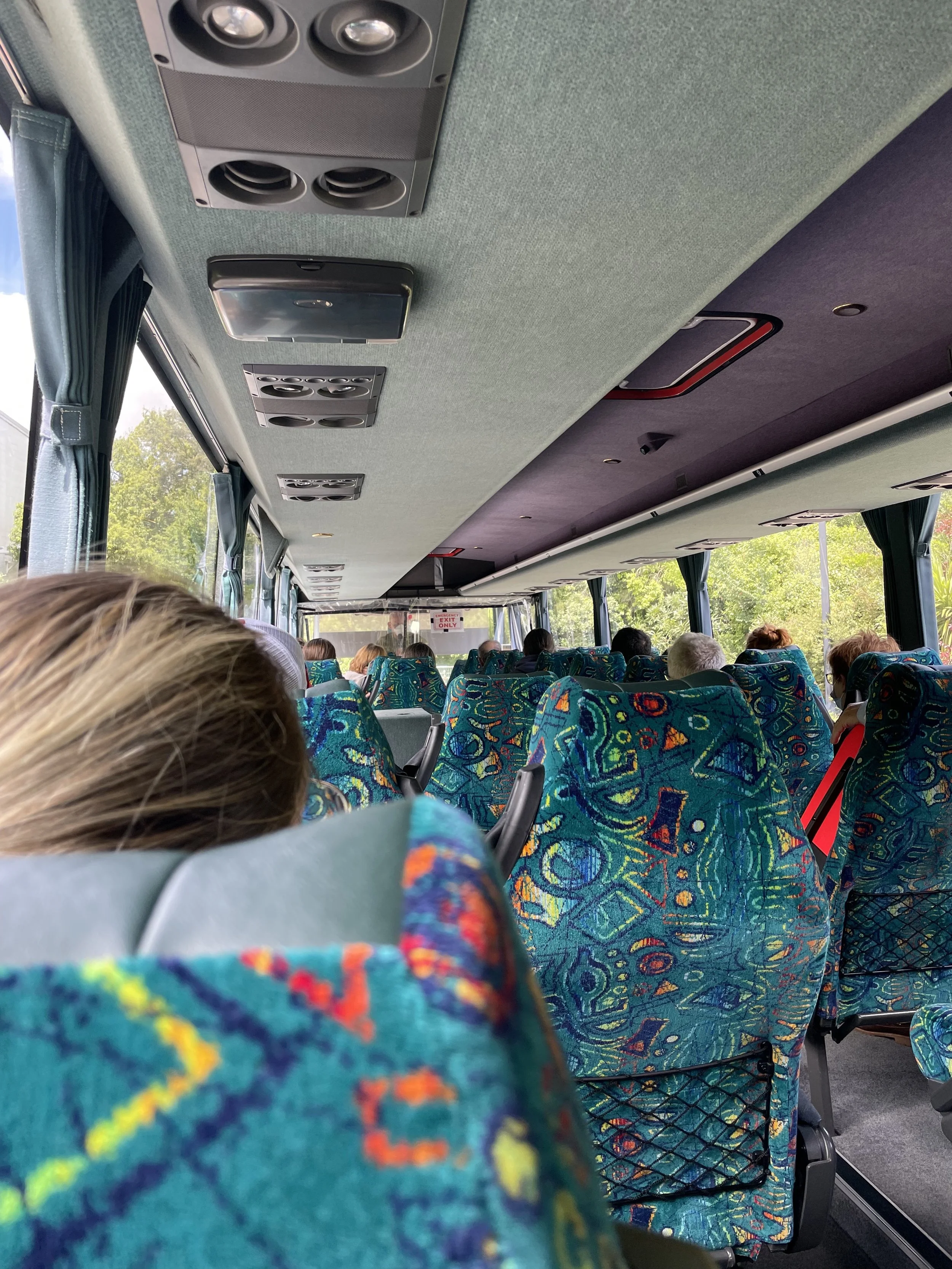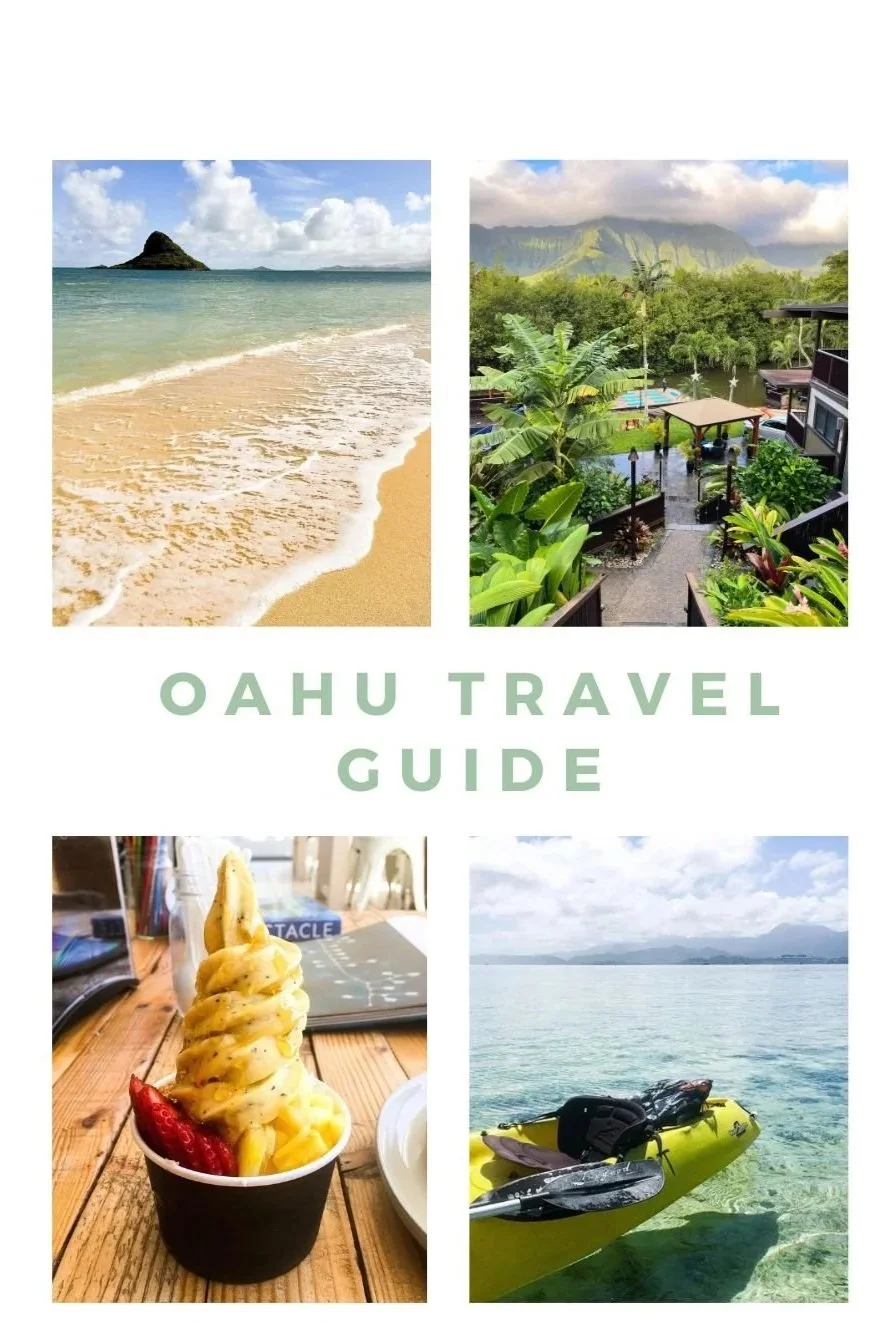Ten days in a hotel room, unable to leave
What ten days in NZ managed isolation and quarantine really felt like
NZ since the start of the pandemic has created a system of managed isolation and quarantine, called MIQ, where upon arrival from overseas, people are required to stay in government run quarantine. The government has partnered with local hotels for this, in various cities across NZ. You stay in a hotel room for several days, not able to leave the hotel.
The number of days in quarantine has varied over the years of the pandemic - originally 14. We completed a 10 day stay in January 2022.
There are a lot of mixed emotions about managed quarantine. Objectively - it is working at keeping out COVID. NZ has had very few COVID cases, a huge difference to the rest of the world. Outside of some long lock downs, this has allowed life to continue on very close to normal.
There is a limit to the number of spots in MIQ, and you have to enter a lottery in order to secure a spot. There is far greater demand than supply of quarantine spots. This has made is very hard for kiwis to leave NZ or for kiwis overseas to come back to NZ.
The MIQ process is fascinating to me on an intellectual level. It feels like something out of a sci-fi novel. I was entering this experience with curiosity - what will this experience feel like? I eagerly watched other peoples experiences.
As a guest in this country, I want to be respectful to my hosts, and share only my personal experience. My hope in sharing is to: share learning, maybe could help someone in a similar experience.
Vacation vs. hell
I polled my Instagram friends (mostly people from the US) about whether 10 days inside a hotel room would be a vacation or hell. The majority said hell.
I was approaching it from a viewpoint that it sounded like a chance to rest, a vacation.
I think it depends on your past experiences.
I am mindful, that being detained in a room unable to leave would be potentially re-traumatizing for someone with a history of being involuntarily detained, like being incarcerated or being involuntarily committed to a hospital. It could understandably being a more challenging experience if a person had that history.
I also think it depends on who (or who is not) with you. I completed MIQ with my spouse, and I think it would’ve been really hard for me to do this on my own. Conversely, some people may prefer being on their own. I also imagine it would be challenging for children, and parents of children. I think it inherently and understandably puts stress and strain on a relationship.
I also think your mindset depends on your past experiences, and what I describe as “how shitty was your life before.” Being a healthcare worker in the US, I have spent the large majority of the past two years being socially distant from everyone except for my spouse, rarely seeing friends (isolated to times where there were lower amounts of COVID in the community), not doing a lot of activities outside of the home. So I have a set of skills of how to cope with not leaving the home, not socializing with others, having to entertain myself at home. I think if I didn’t have years of experience doing this, I would’ve found a transition from “normal life” into MIQ really jarring. Because I’ve been living like this, MIQ was like my normal life, but with more time to sleep, and better food. If you are, a kiwi, for example, making a quick trip out of the country and then had to re-enter through MIQ - I imagine it would feel very jarring. It’s all relative.
What did MIQ look like logistically?
You have to keep an eye on the MIQ website to see when they are releasing spots. You virtually show up for a release, and then you are randomly sorted into a queue. Hopefully your number comes up, and you book the arrival date you want, and then buy the corresponding plane ticket. At the time of writing, only flights on New Zealand Air from LAX were allowed from the US (I met someone in Hawaii who had to back travel to LAX to then get to NZ).
You quarantine with the cohort that is on your plane. You land in Auckland, and there is a very clear, regimented process to get everyone through customs and screened, keeping socially distant of course.
The MIQ locations are located throughout NZ. My MIQ location was in Christchurch at a hotel called the Commodore. From talking to kiwis at MIQ who had prior MIQ experience - this was a very good one. Some stand out features - really good food, balconies with every room, the largest outdoor space.
So after flying to Auckland, we boarded a second flight to Christchurch. We were picked up by large passenger buses staffed by the military and taken to the hotel.
The whole process felt very organized, very clearly communicated, very safe, and scientific.
You are given a booklet describing all of the services, schedule of events - which includes COVID testing on Day 1, 3, 5, 9.
All meals are included. You get three meals per day, desserts with lunch and dinner. Typically at least two options, with one being vegetarian or vegan, at times more options. There’s an additional room service menu, with really fair prices, and espresso drinks. You can also order Uber eats, or deliveries from grocery store. The food was truly exceptional. I don’t think I’ve ever eaten as well in my entire life. I imagine this varies from hotel to hotel, this hotel was quite good. Really tasty and enjoyable dishes, but with plenty of fiber, fruits and vegetables.
Once you test negative, you’re given an wrist band, which allows you privileges of being able to send out a small bag of laundry to be washed and folded, and allows you outdoor privileges, of walking outside in the monitored courtyard for predetermined hours each day (displayed on tv main channel). There was a positive case on our flight, so our wristband was delayed until day four. This was the hardest part for sure, not being able to walk outside for these days. I missed movement.
It was a joyful experience to get to go outside again, on Day 5. I saw children and adults giggle from sheer ecstasy upon stepping outside. The exercise area was the parking lot of the hotel, with gates around the area, monitored by security or military personnel on site, and also additional security cameras. I was walking close to a new Kiwi friend, and a guard gently told us “the eye in the sky says to keep a bit more distance.” Movement that resulted in breathing hard was not allowed (i.e. no running), so most people walked laps vigorously for what time we had, 50 minutes to two hours per day, in order to exercise. Kids are allowed one toy to play with outside.
Communication was top notch. Every morning after breakfast, someone would call and complete a health check. We could pick up the phone at anytime and call reception for any needs, and they responded quickly within minutes. Hotel stuff picked us up SIM cards for our phones, so we can go ahead and set up a New Zealand number.
Things i found helpful:
Having a set schedule. Going to bed early/on time, and getting a full nights worth of rest. Having time scheduled for work, productivity items, email, and time to relax. No TV during the day, reserving for after dinner. Having a list of learning topics that have been on my long-term learning list, such as blogging, photography, travel, and diving into those hobbies more fully with this extra time. Imbibing in alcohol occasionally, as enjoyable activity, but not every day, and not too much (this is regulated to be a minimal or moderate amount of alcohol by the hotel staff). Going outside with every opportunity to do so, for the full amount. Talking to other people during these breaks. Having an indoor exercise routine, we did yoga with Adriene every day. Keeping the room tidy and clean. Frequent tea breaks. Daily morning fancy espresso . Looking forward to enjoyable events, such as the next meal. Sitting outdoors on the porch listening to birds. Planning frequent Skype calls with friends and family.
Things I didn’t do, but wish I did because I think they would’ve been helpful:
Getting dressed in real clothes every day, and fully styled/groomed. Having an indoor exercise plan that included cardio that raised heart beat, possibly even multiple times per day. Can order exercise equipment or weights from nearby stores and have it delivered to the hotel. Mindfulness practice. Bring a project, like an art project, painting or sewing.
Overall: My impression was that MIQ is very well run, effective, and as comfortable as it can be. It definitely was not hell. I actually have very fond memories of this time. J does, too. I think, for us, it’s because we were at the precipice of change and adventure. All of the discovering lay ahead of us. MIQ was time and space to rest, sleep, reflect on the steps we had taken already, and plan for future adventures. I think the experience could vary based on the individual. It is not impossible, and you can get through it.









